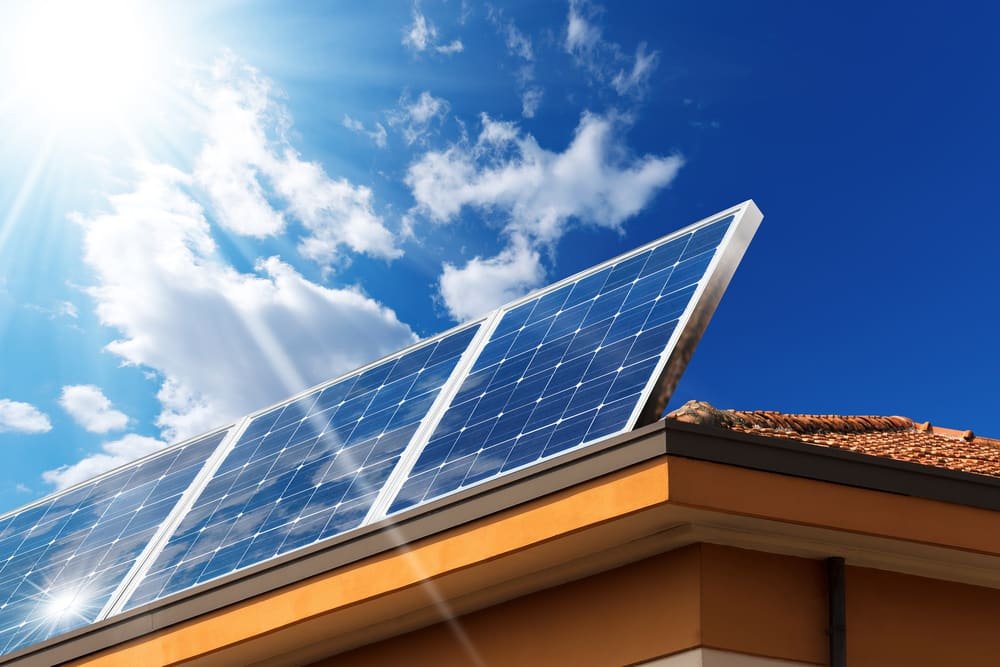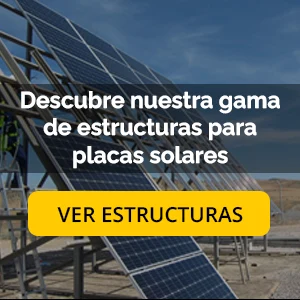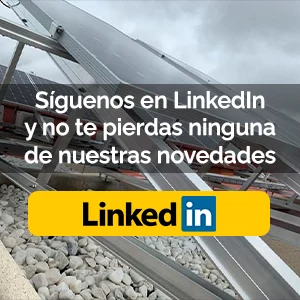The price of electricity and the repeal of the solar tax have favored an increasing number of consumers opting for clean and free solar energy. In this article, we explain how to save on your bills thanks to solar energy and what is the ideal rate for self-consumers.
How to Contract Cheap Electricity?
During the last year, the price of kWh (kilowatt-hour) has risen up to 25% compared to the same period last year. According to the consumer association Facua, the electricity bill has increased by 85% in the last 15 years. And despite the creation of a rate with a price regulated by the State, the PVPC rate, it is still subject to speculation in the wholesale electricity market, since three large electricity companies produce 70% of the electricity, while they represent 80% of the purchase. They are producers, distributors and marketers at the same time, so in the auctions they buy and sell to themselves.
It is for this reason that more and more consumers have opted for renewable alternatives and for consumption. However, contrary to what many people believe, many self-consumers must contract electricity and connect to the electricity grid if they do not have accumulators or batteries, since when night falls, the panels stop producing electricity due to the absence of sunlight. If you need to know how to contract electricity in a simple way, you can visit the following link where they will guide you step by step:
https://pueblosocial.es/contratar-luz/
.
The Ideal Rate for Self-Consumers
In any case, self-consumers are still winning, since among the types of electricity rates that can be known when comparing electricity prices, it is possible to find the ideal rate for solar panel owners. This is the time discrimination rate, which establishes a different price for the kWh depending on the time slot of the day. During the morning and afternoon, a period of peak hours is established, the most demanded hours of the day, and as a result, the most expensive, and at night you enter the period of off-peak hours, the most economical hours of the day.
This is where the key lies, since self-consumers do not need to use the electricity grid during peak hours, while the hours without solar energy are the cheapest of the day. Therefore, their bill is reduced almost to the same. In addition, the savings of self-consumers not only result when comparing electricity prices, but thanks to the repeal of the solar tax and the introduction of the new regulations on self-consumption of solar energy, they can pour the surplus energy produced with the panels into the electricity grid and receive in return a discount on their bill equivalent to the amount of energy poured. So between solar energy thanks to solar panels, the time discrimination rate and the new self-consumption legislation, the savings on your electricity bill is practically total.
Do you want to know more about the new self-consumption regulations? We invite you to read the following
article
so that you can continue learning about the subject.




